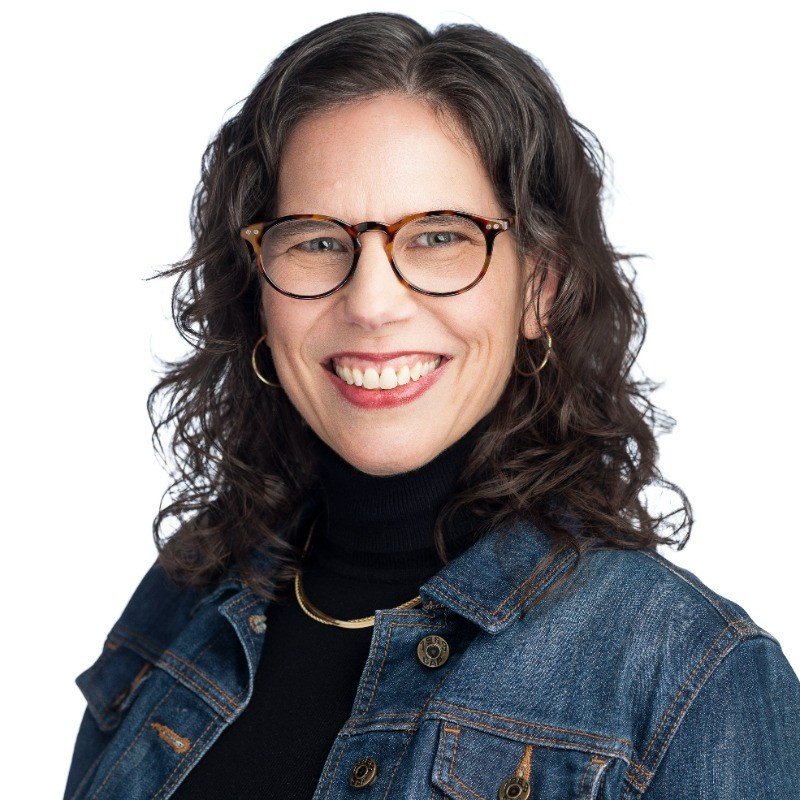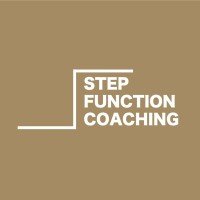Jack Nehlig and Trevor Robinson sit down with Beth Correll, an accomplished supply chain and finance leader, to discuss actionable career development, the real value of mentorship, and how to support women in leadership. For mid-level professionals, aspiring leaders, and managers, the episode provides tangible strategies to advance careers, cultivate growth, and promote inclusivity in the workplace. The conversation moves beyond theory, focusing on practical examples that resonate with anyone looking to move their career forward or empower their team.
Building Real-World Skills Through Job Experience
Beth Correll’s career is a testament to continuous learning through “doing the work.” Having spent over two decades at the Hershey Company, Beth shares that her professional improvement was mostly shaped by new and challenging assignments, rather than structured courses alone. She describes industrial engineering as “the most financially oriented of the different engineering disciplines,” setting the foundation for her work across supply chain and finance.
Her approach is clear: “I tend to approach my development from an experience mindset rather than like a next job mindset.” Whether taking on new projects, relocating into procurement, or jumping into finance, Beth consistently chased after the skills she needed. For example, when she wanted to improve her executive communication, she found opportunities to present to leadership, even volunteering when it felt intimidating. As Beth points out, development often means going after the chance to lead, present, or manage something unfamiliar, rather than waiting for promotions alone. By focusing on the experiences and new challenges available in each role, readers can position themselves for faster growth and more impactful careers.
Developing Through Intentional Mentorship—Especially Among Peers
While many organizations tout formal mentoring programs, Beth’s most impactful growth came through “peer mentors” and authentic professional relationships. She explains, “I would try to find someone that I had a really good connection with and work it into a long term, like, long term casual mentoring relationship.” Rather than checking a box, these relationships were driven by mutual respect and genuine feedback—often outside of scheduled monthly meetings.
Jack Nehlig echoes this, noting that peer mentorship can be the “richest” form of development, sometimes even more than assigned senior mentors. Candid feedback, dry runs for major presentations, or quick brainstorming with trusted colleagues become essential for real, on-the-job improvement. As Jack says, “You were doing it to help learn and be better. But by you doing that at the peer to peer level, they're accepting the reverse... it knits the two of you together.” For the reader, this is a reminder that seeking out quality relationships with trusted colleagues can provide support, honest advice, and learning opportunities that move careers forward in practical ways.
Championing Inclusion and Supporting Women in Leadership
The episode provides a frank discussion on what it takes to succeed as the “only” in the room, whether as the only woman, person of color, or someone with a unique background. Beth shares, “Sometimes we're the only woman in a room and there are a lot of people who are listening to this who might be the only, right?” She highlights how these situations, common in many industries, demand both inner strength and external support systems.
Beth discusses balancing assertiveness and warmth, referencing advice from the book Likable Badass, observing, “Women really have to balance because you can get a bad reputation if you don't.” She calls for everyone to use their voice to address inappropriate behavior, saying, “Be the person who says, hey, that's not okay. Like, we don't talk that way at work.” Jack adds that managers at all levels, especially first and second-level leaders, can't ignore instances of bias: “They have to own it. And those are the ones we need to train up.” Supporting diversity and inclusion goes beyond numbers; it means fostering an environment where all employees are respected and heard. For readers, this serves as a challenge to build workplaces where every professional can develop and contribute equitably.
Key Quote From The Episode
“You put yourself in a situation where you can get the experiences that you need in order to develop and grow.” – Beth Correll
Key Takeaways
- [00:06:37] Most professional growth comes from real-world assignments: Beth found 80% of her development happened on the job, as she actively pursued the experience she needed, rather than waiting passively for promotions or formal programs.
- [00:11:25] Peer mentorship is often the most helpful: Building genuine, informal connections with peers leads to honest feedback and practical learning.
- [00:24:59] Supporting inclusion and speaking up is essential: Beth shares the necessity of speaking up about inappropriate behavior and the benefit of diversity, reminding leaders and peers alike to actively create environments where everyone can thrive.
Wrap Up
Beth Correll’s career path shows that actionable growth comes from taking initiative, building strong professional networks, and supporting fairness and inclusivity. For readers, the actionable steps are clear: Seek out stretch assignments that fill real gaps in your experience, nurture genuine mentorship relationships among peers—where honest advice and feedback flow in both directions—and take an active role in supporting a respectful, diverse workplace culture. Don’t wait for formal programs; development is fueled by action, relationships, and advocacy.
About the Guest
Beth Correll is a seasoned supply chain and finance leader who spent 26 years with the Hershey Company, progressing through engineering, procurement, and global finance transformation. Now the founder of Step Function Coaching, she helps mid-level professionals realize the career growth they deserve. Beth remains active at West Virginia University and is dedicated to advancing the next generation of leaders.





